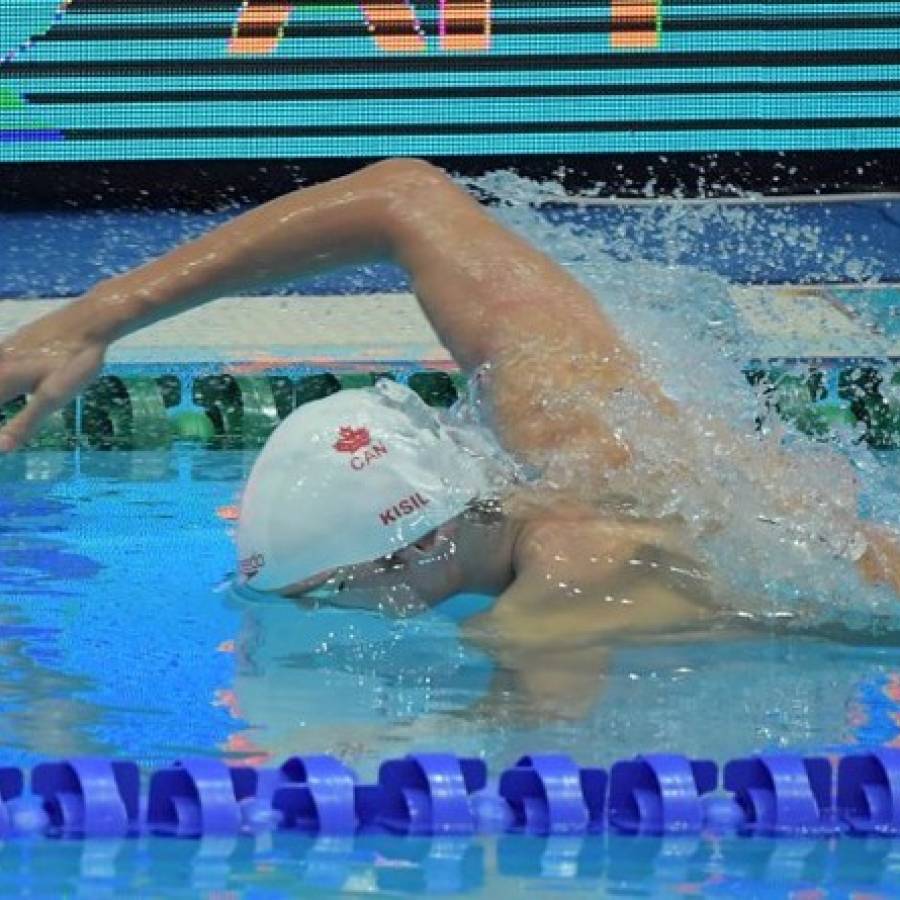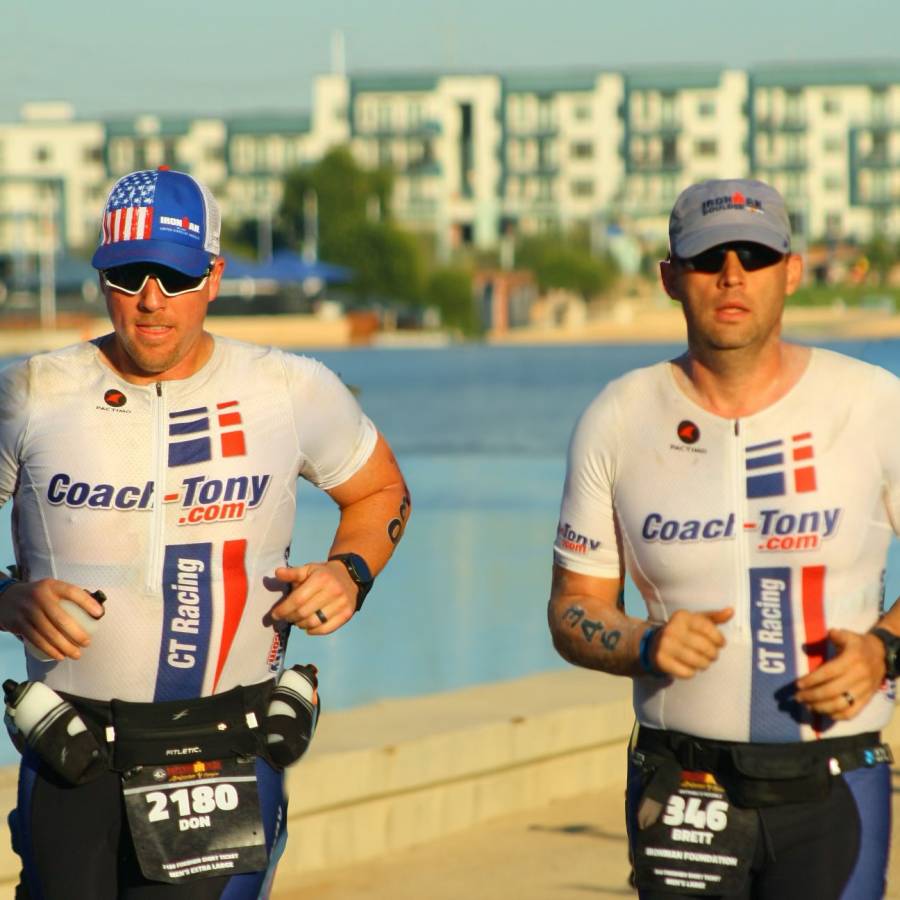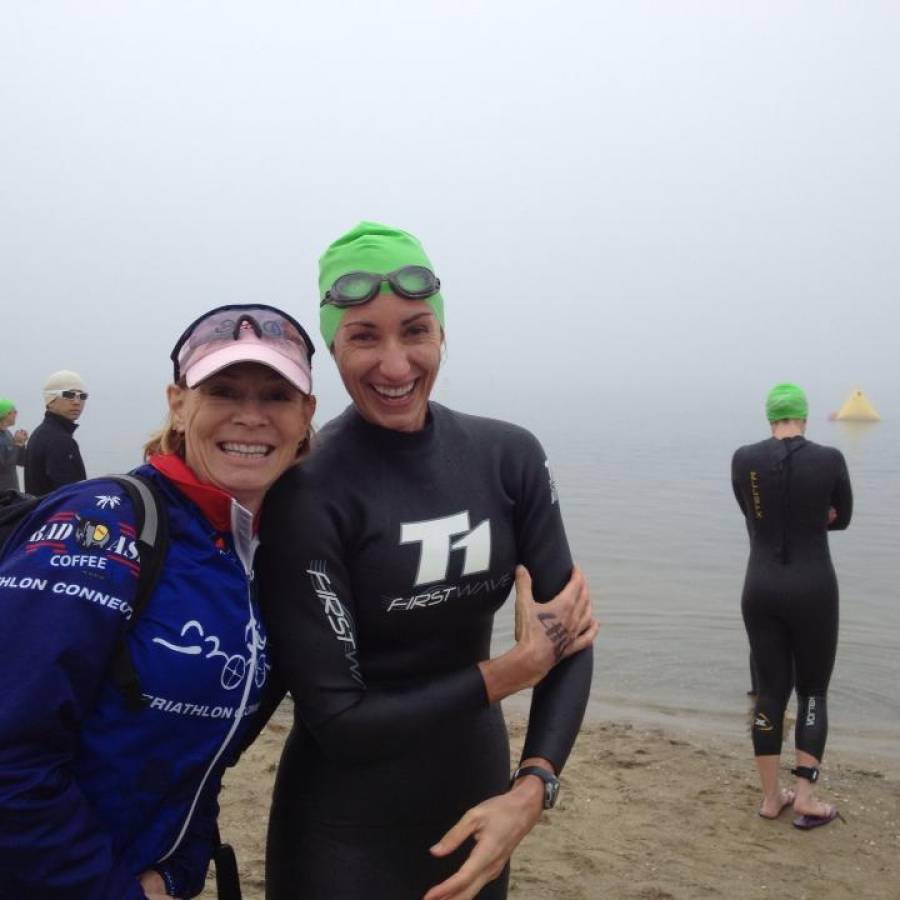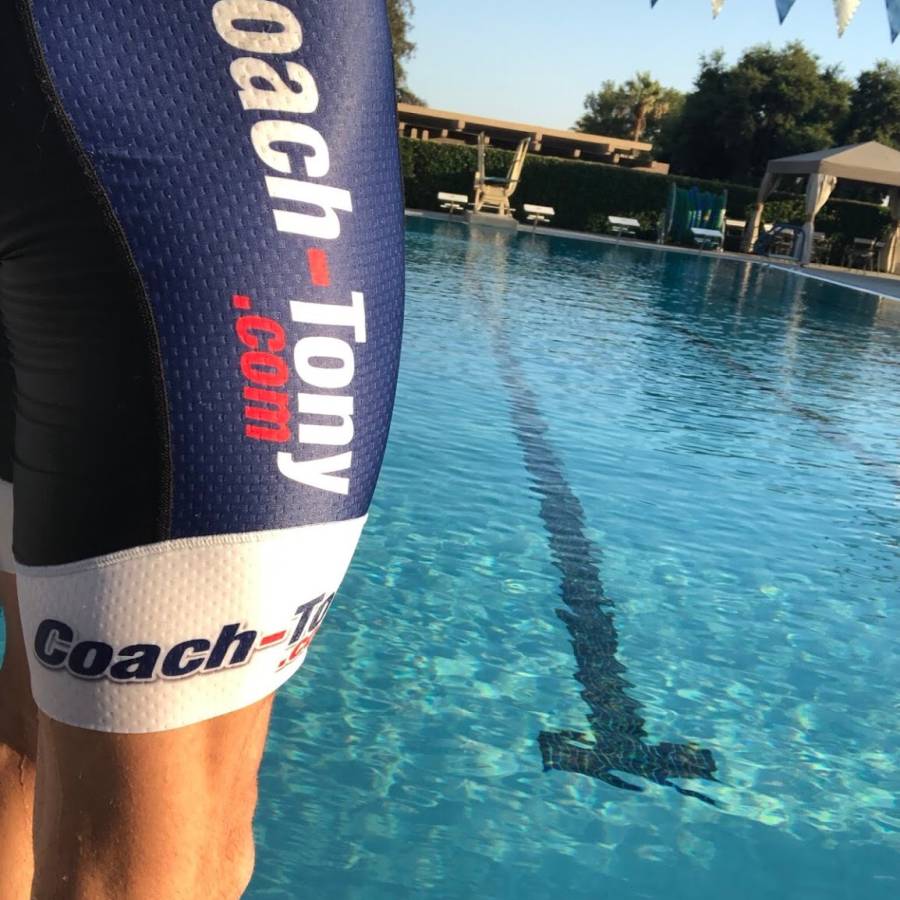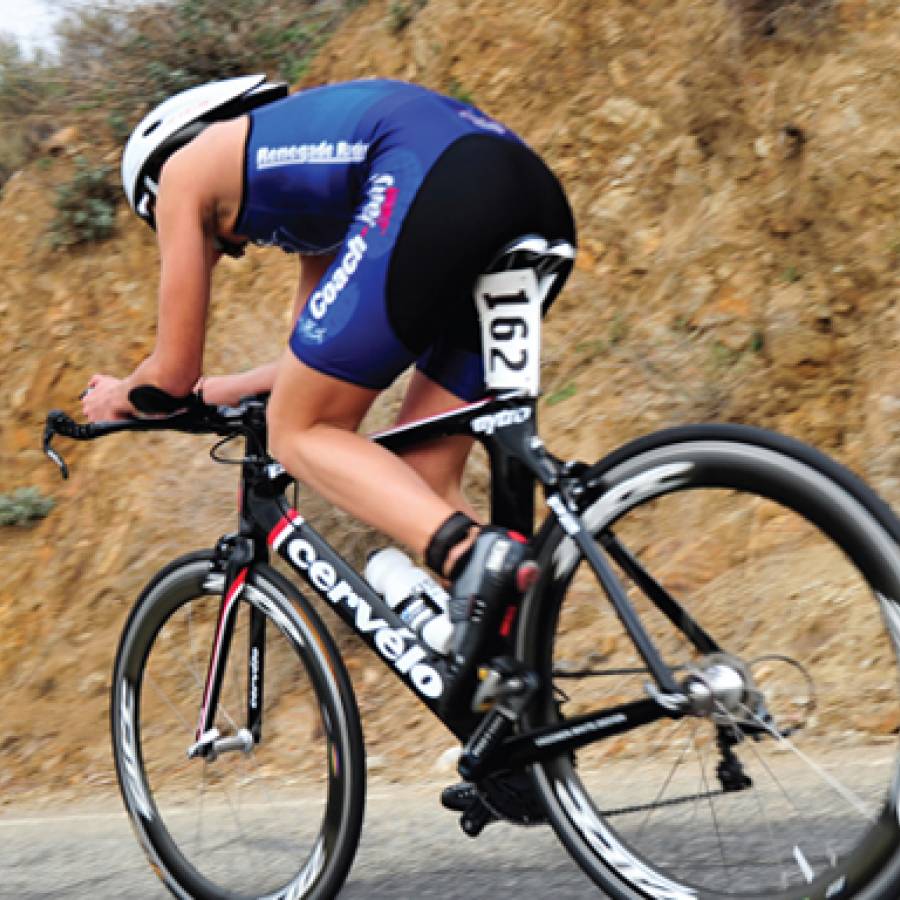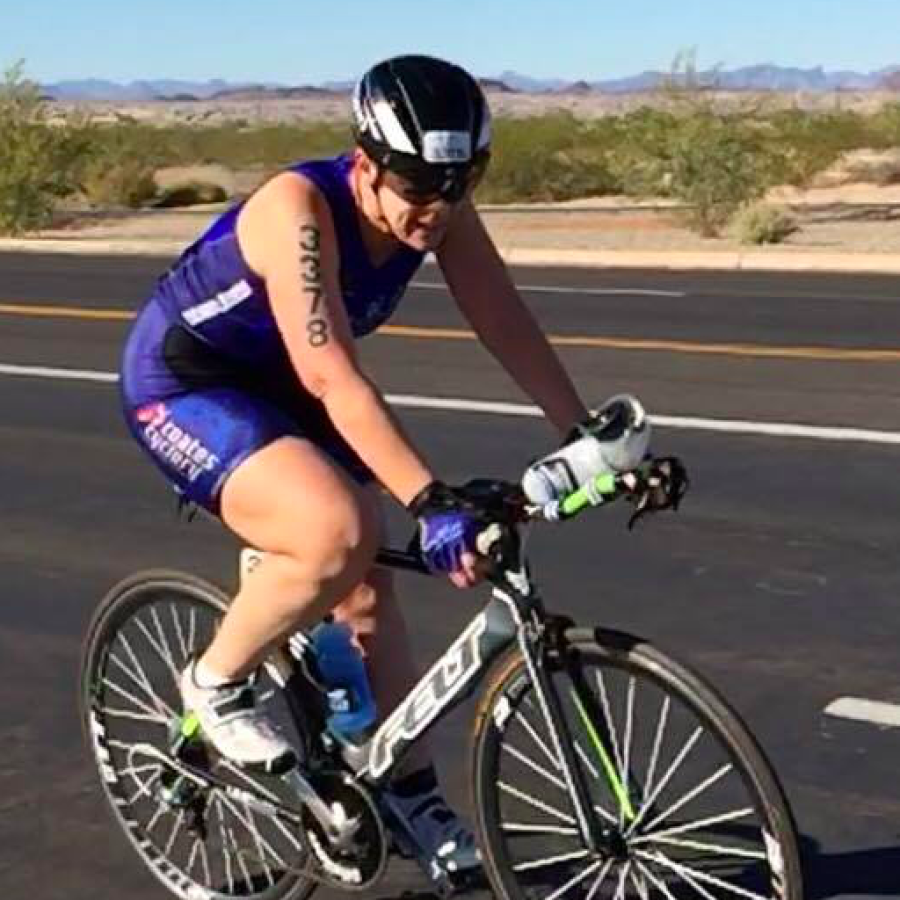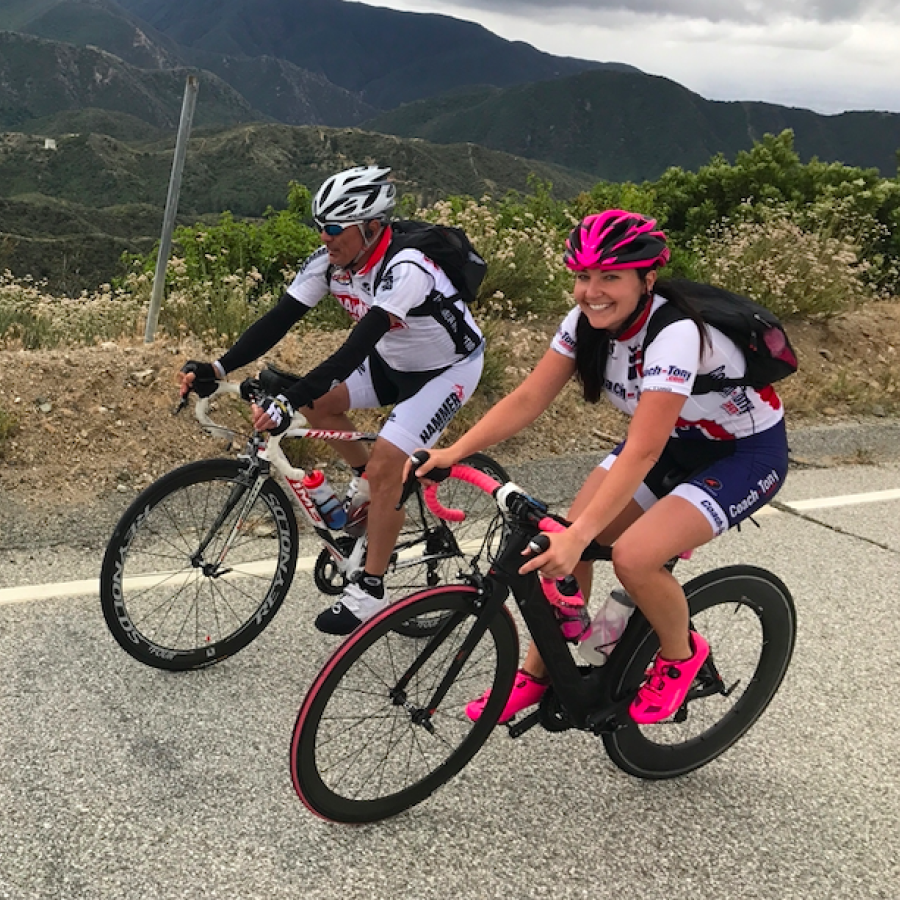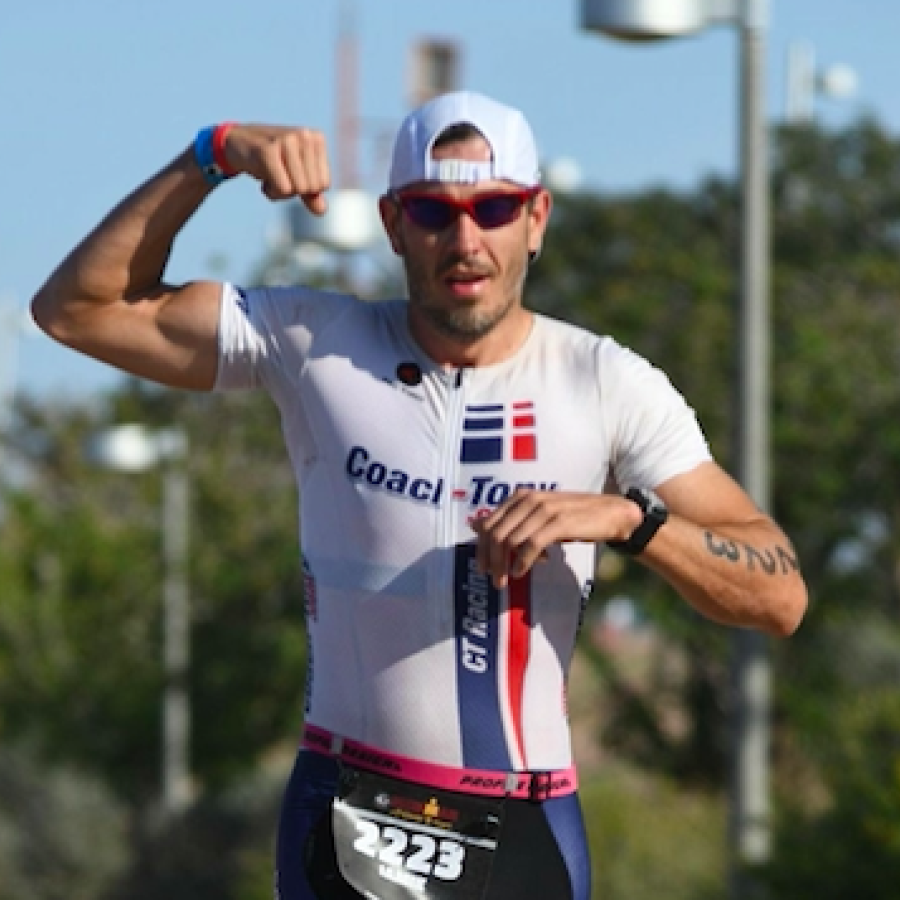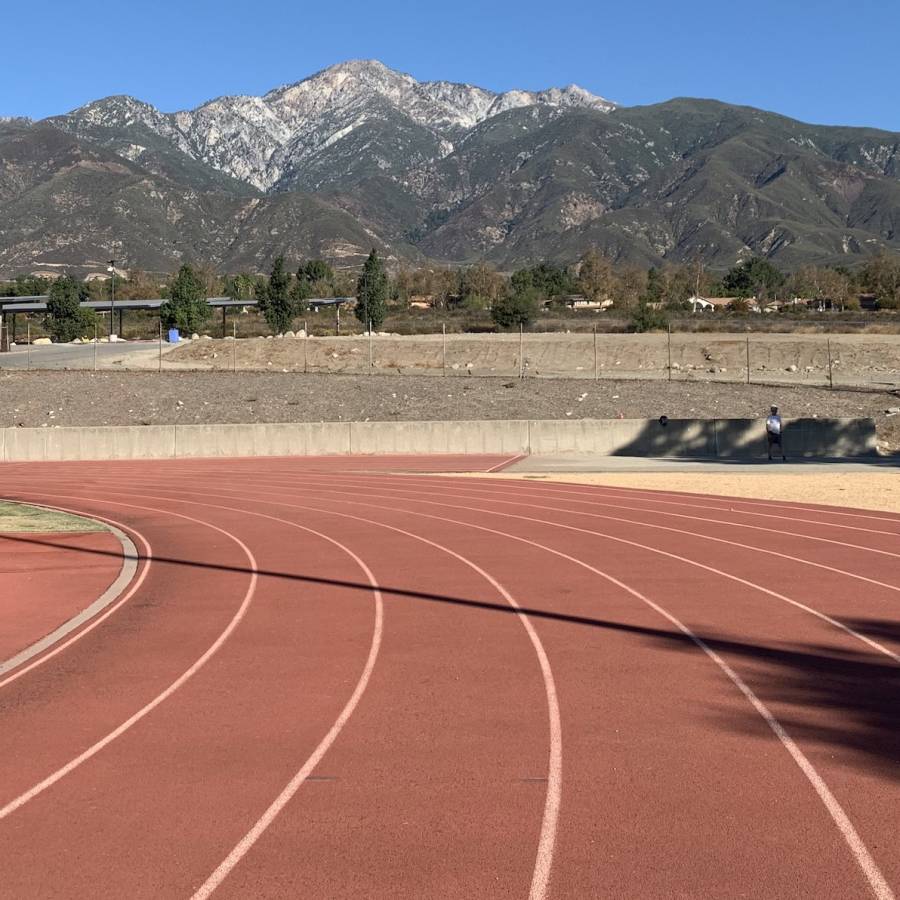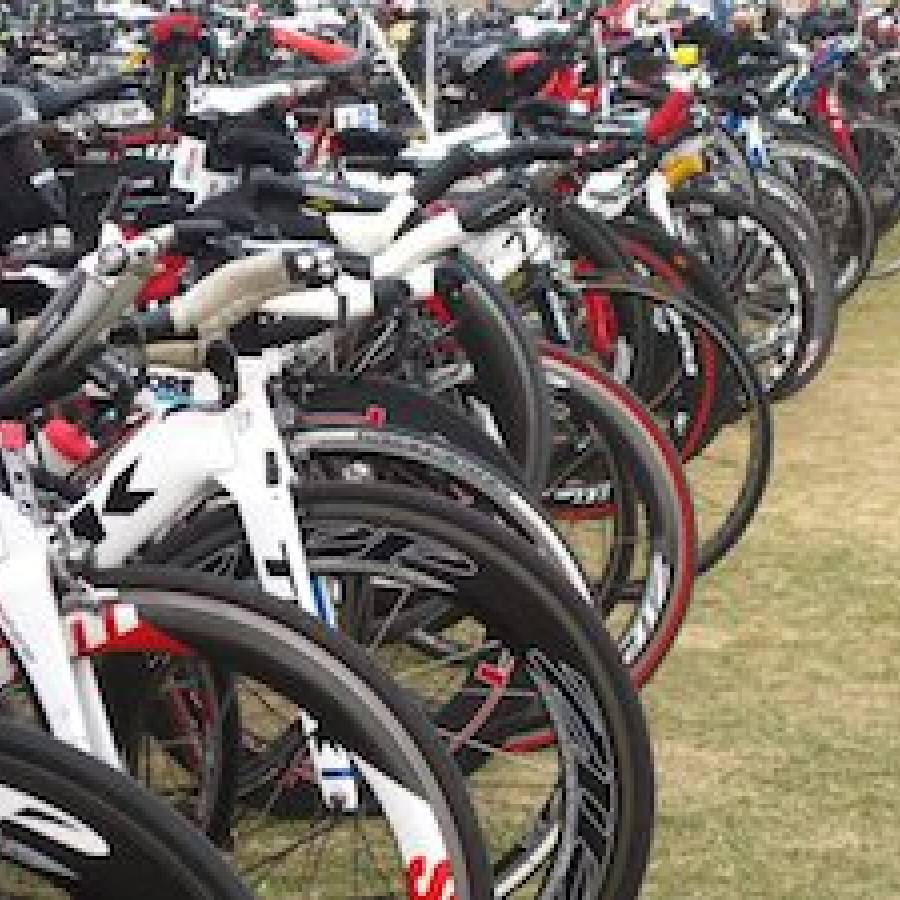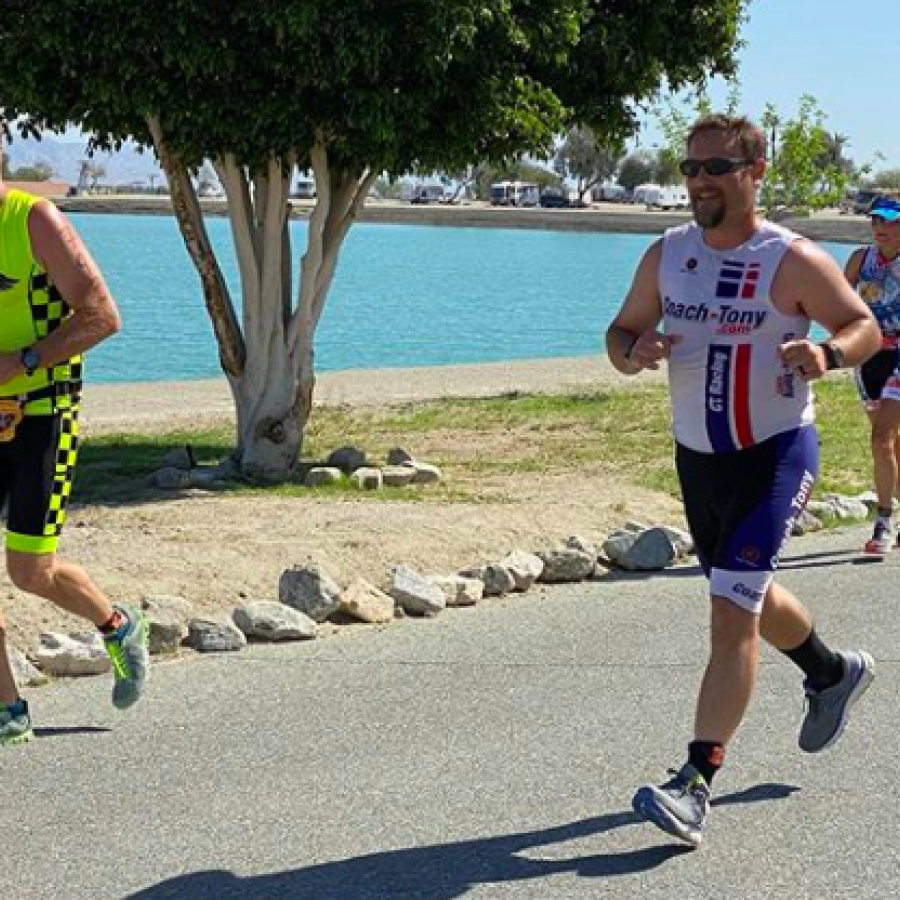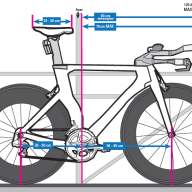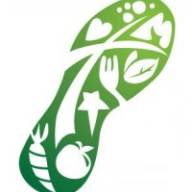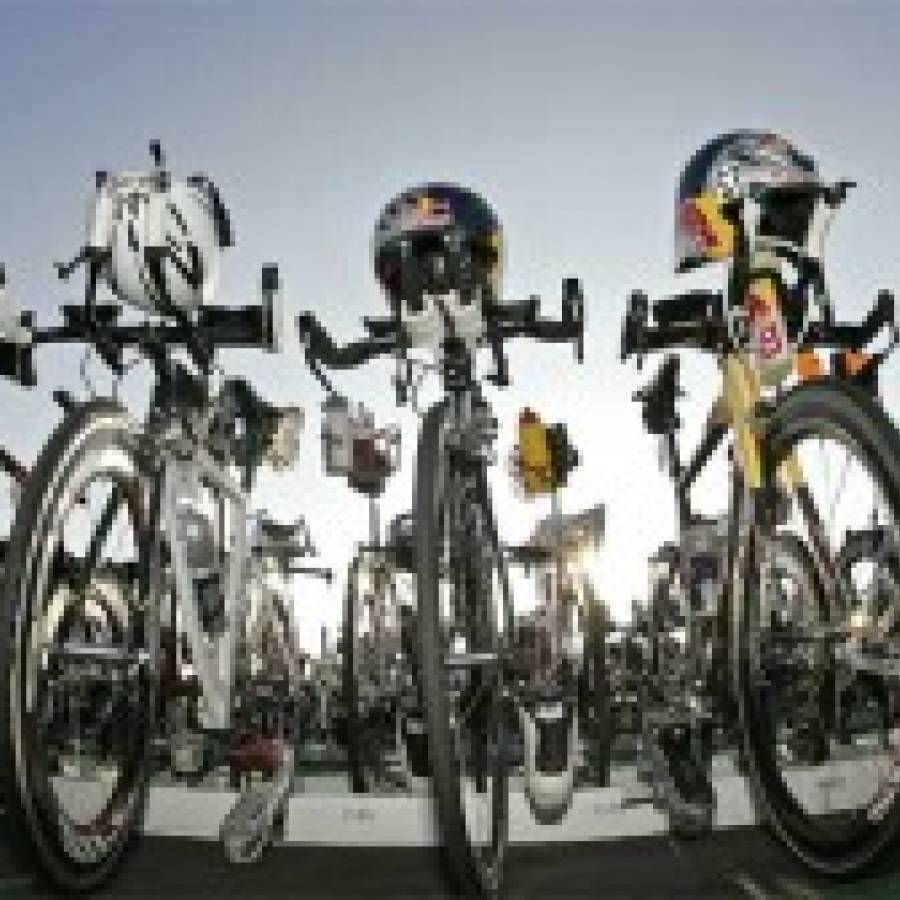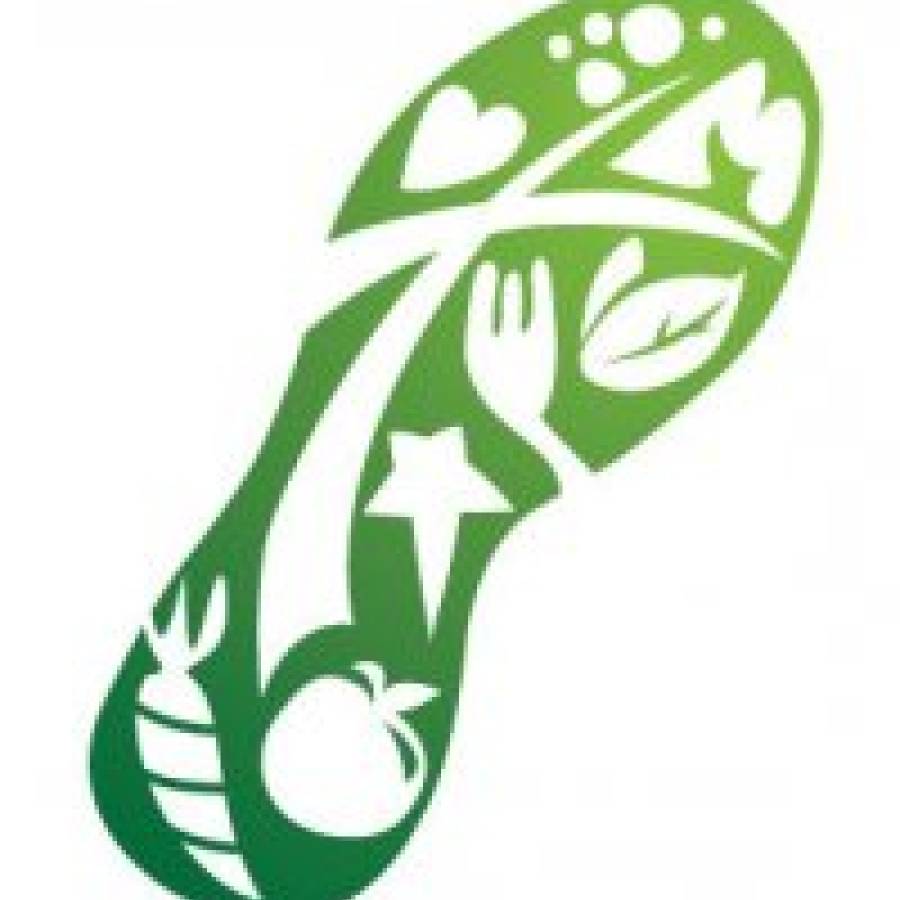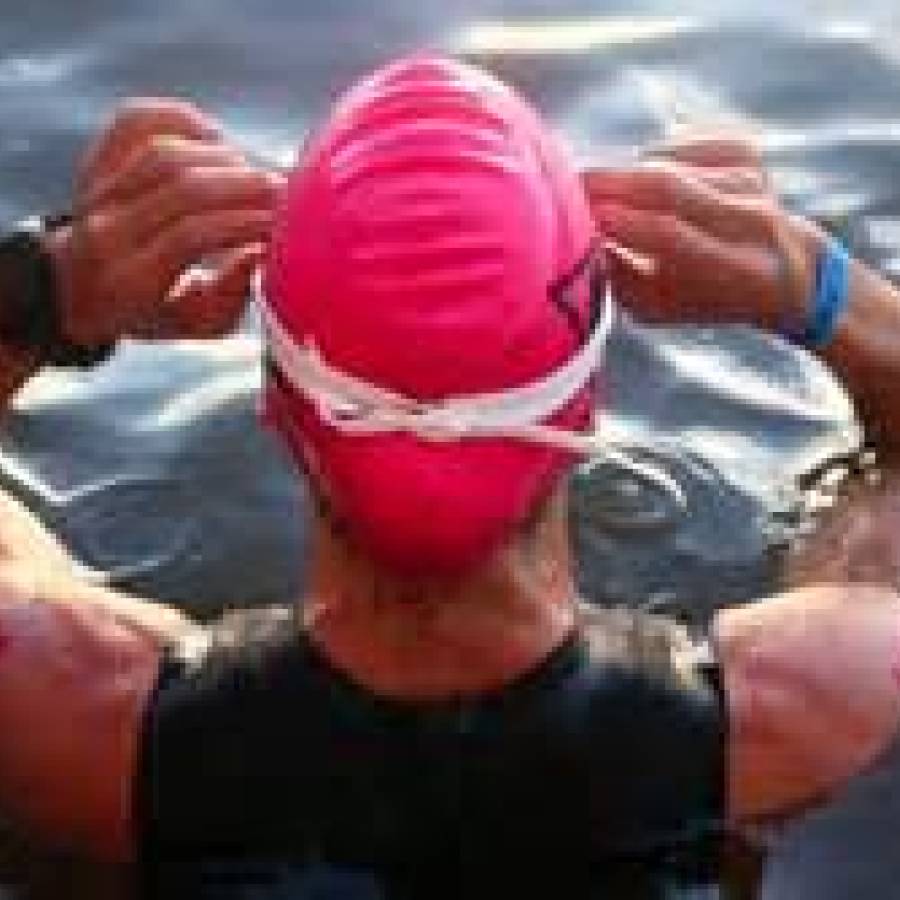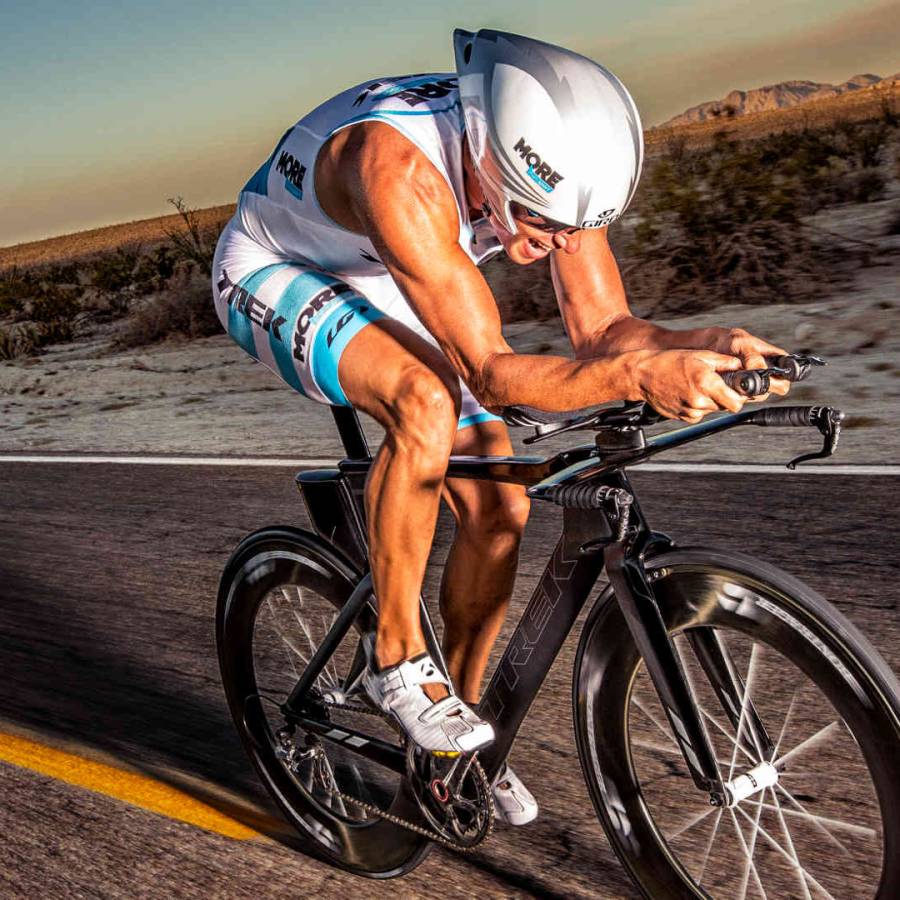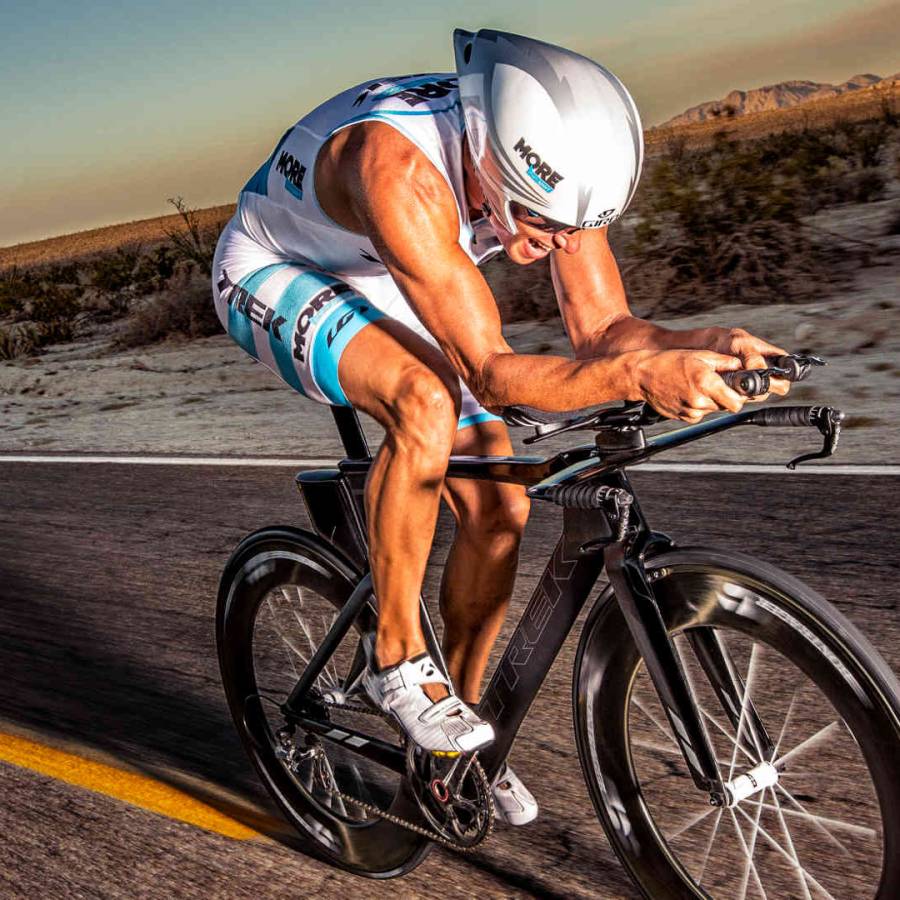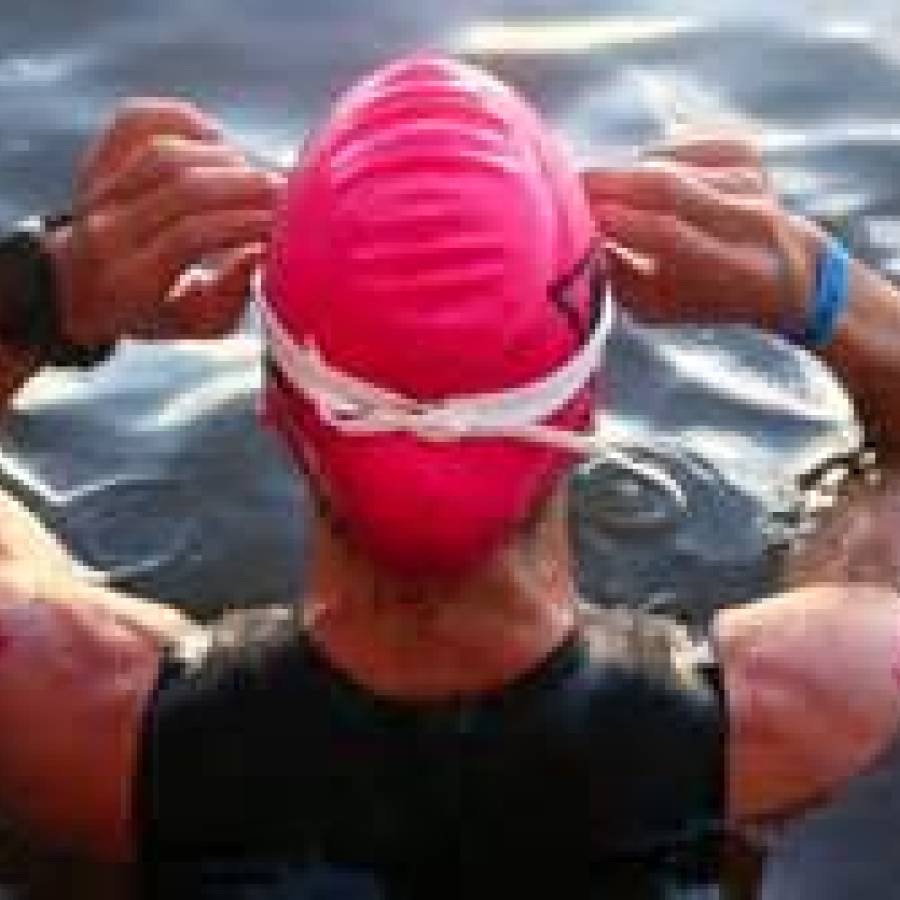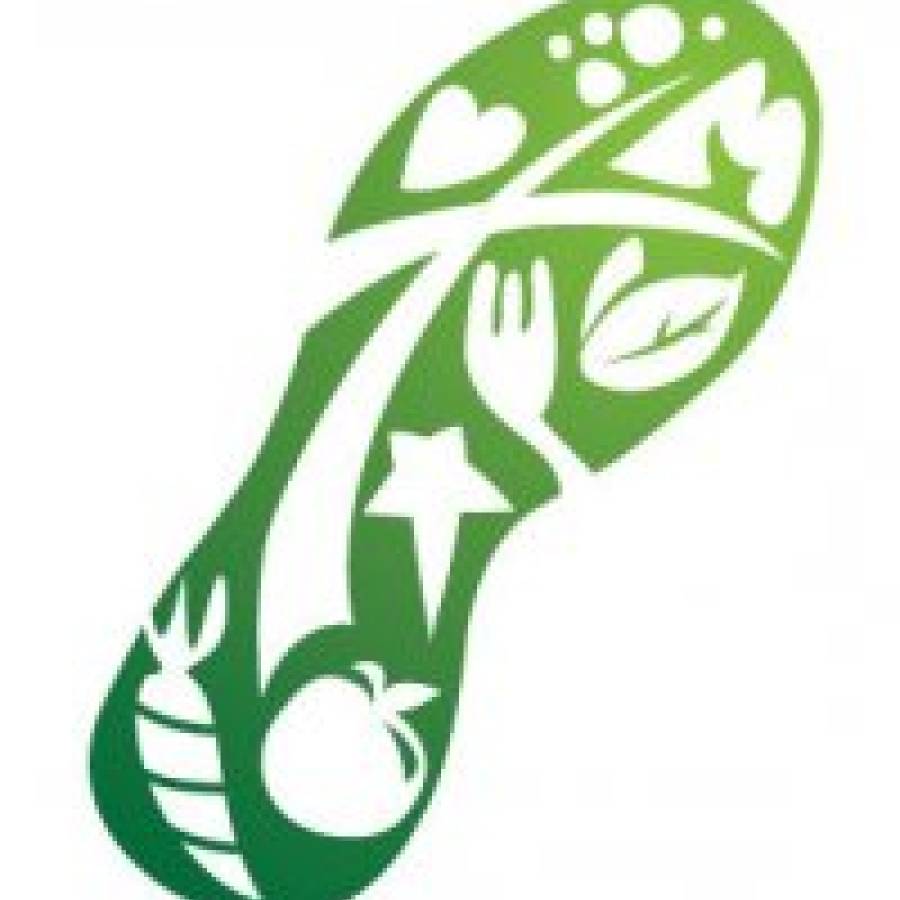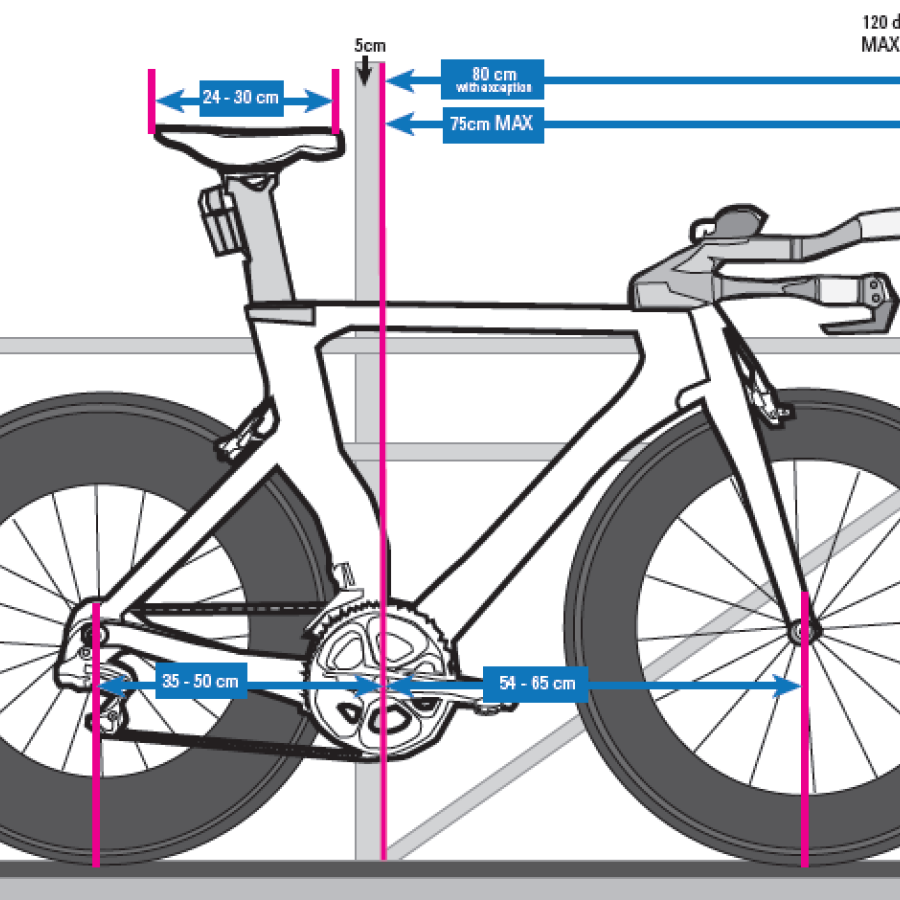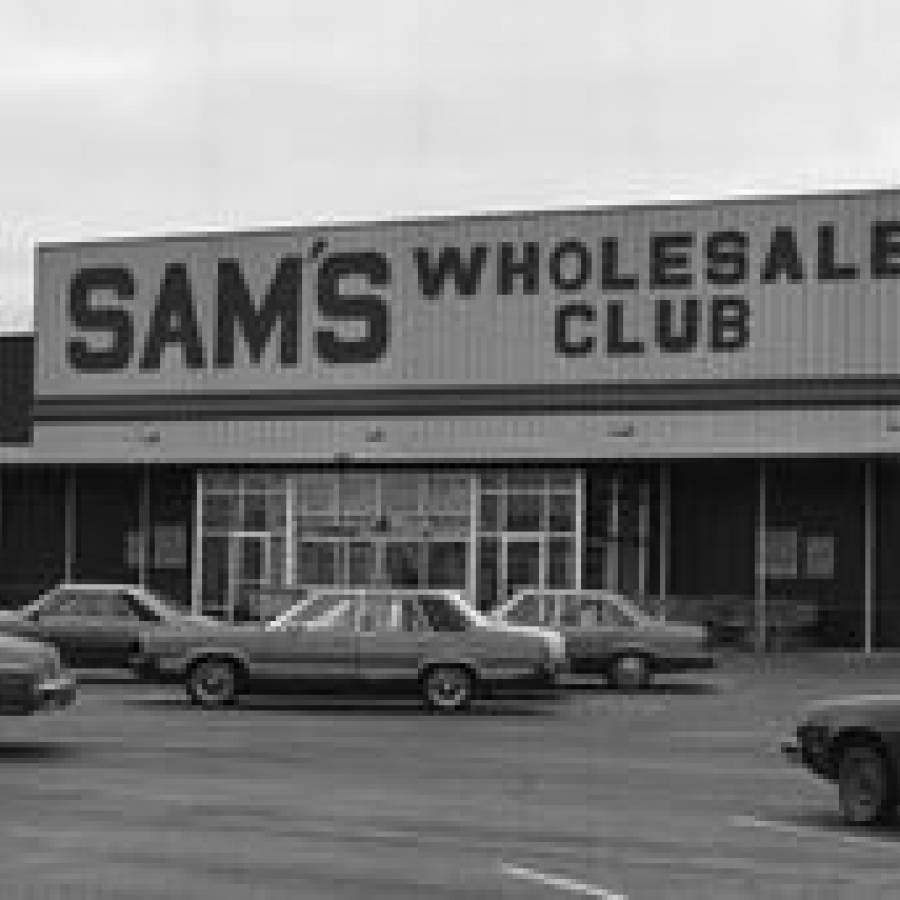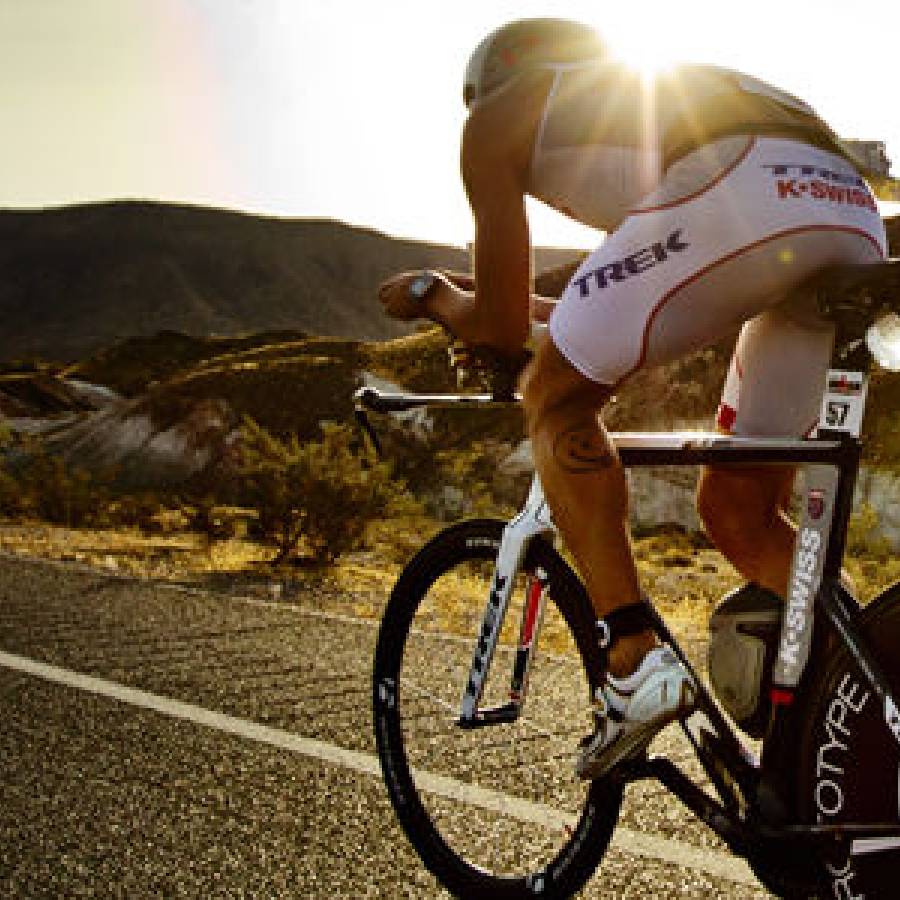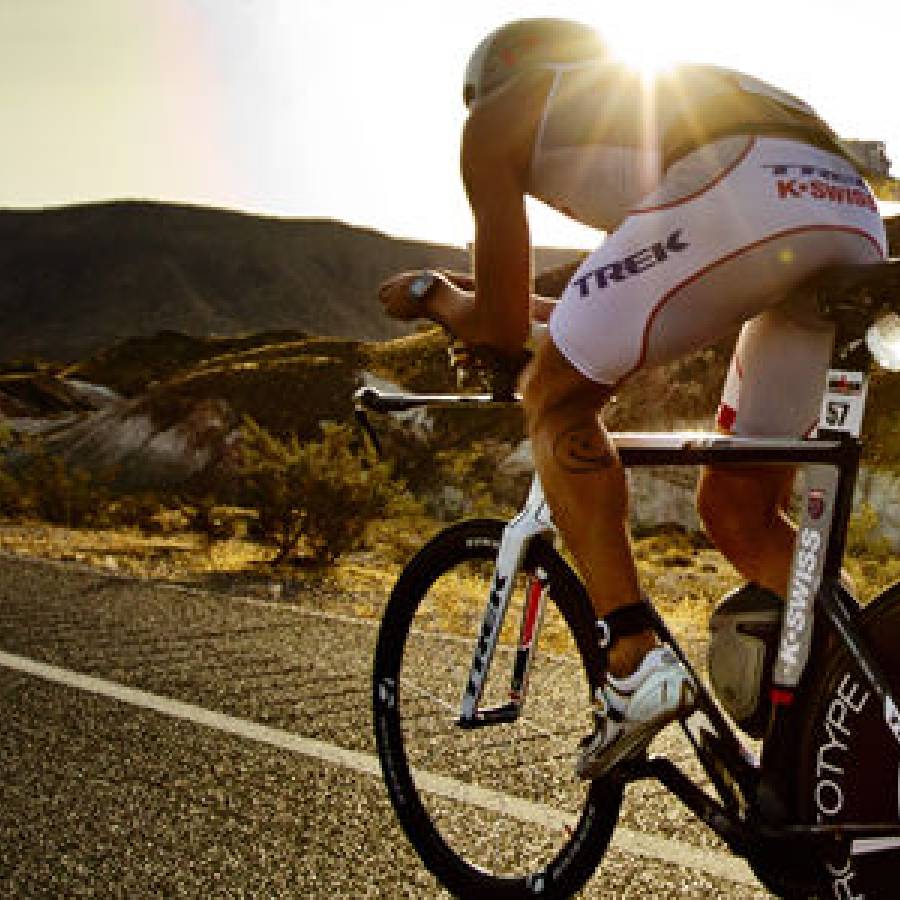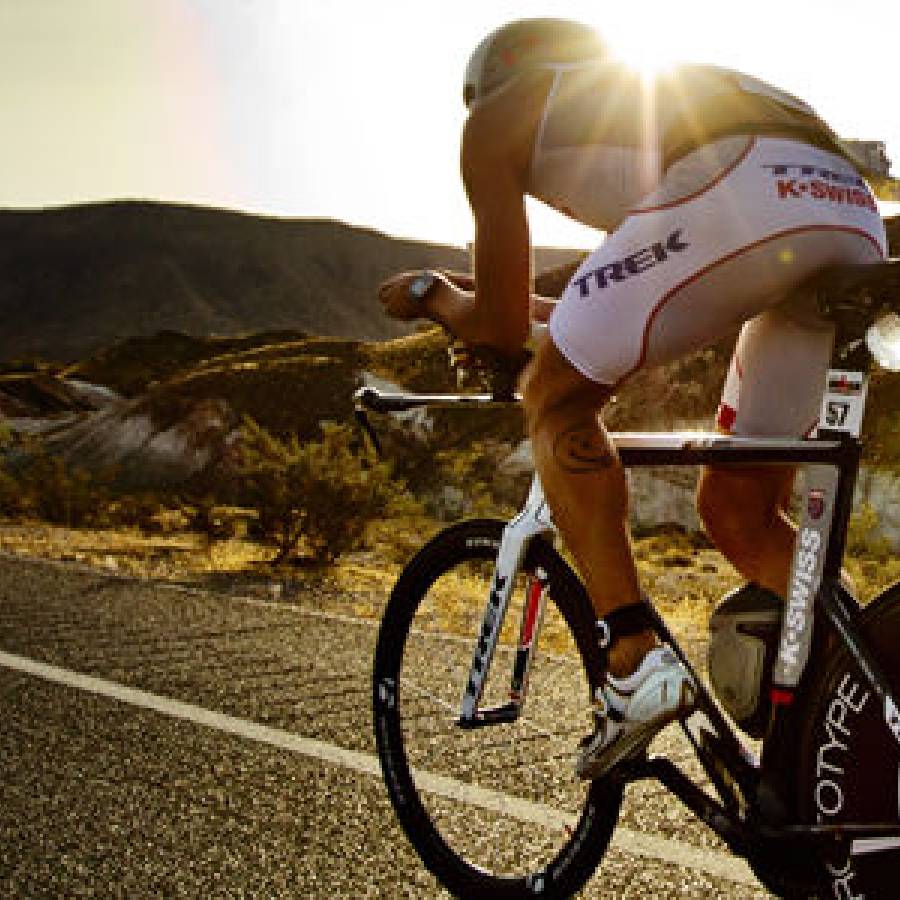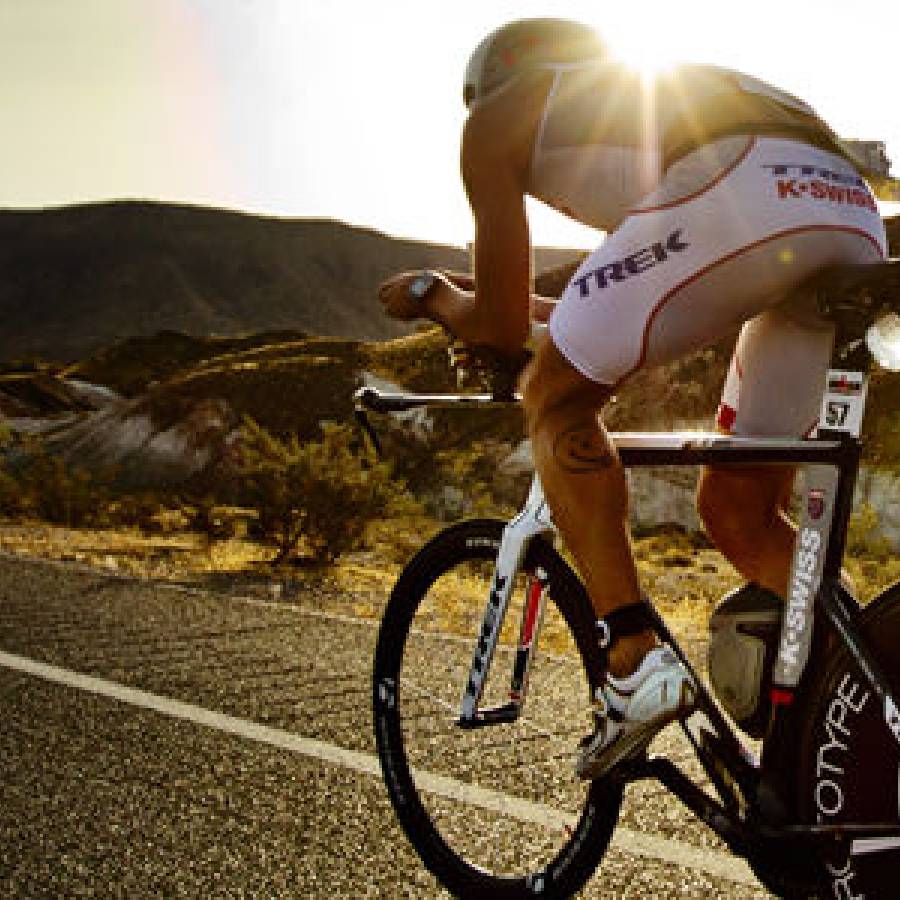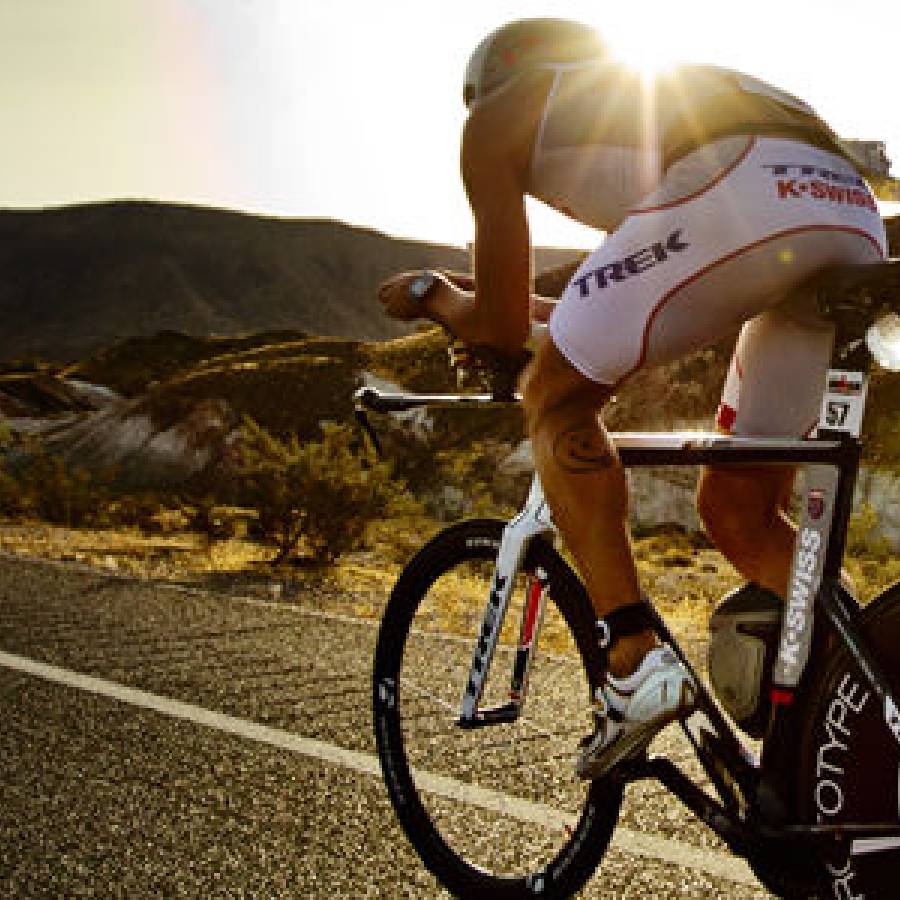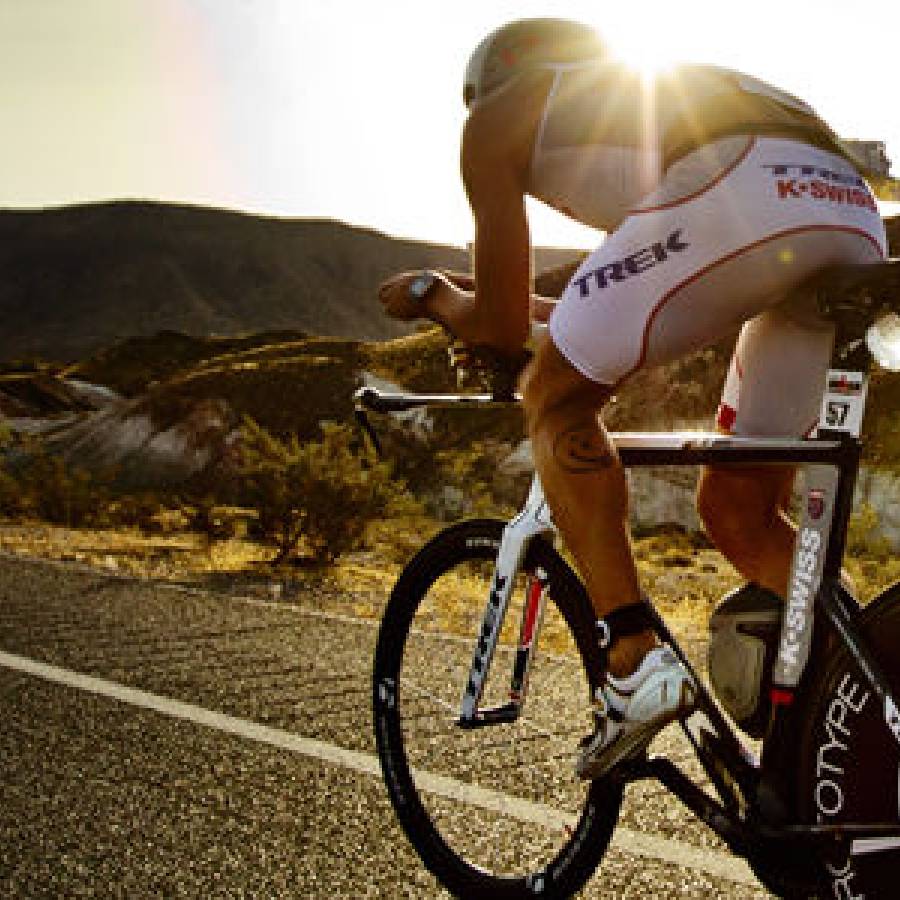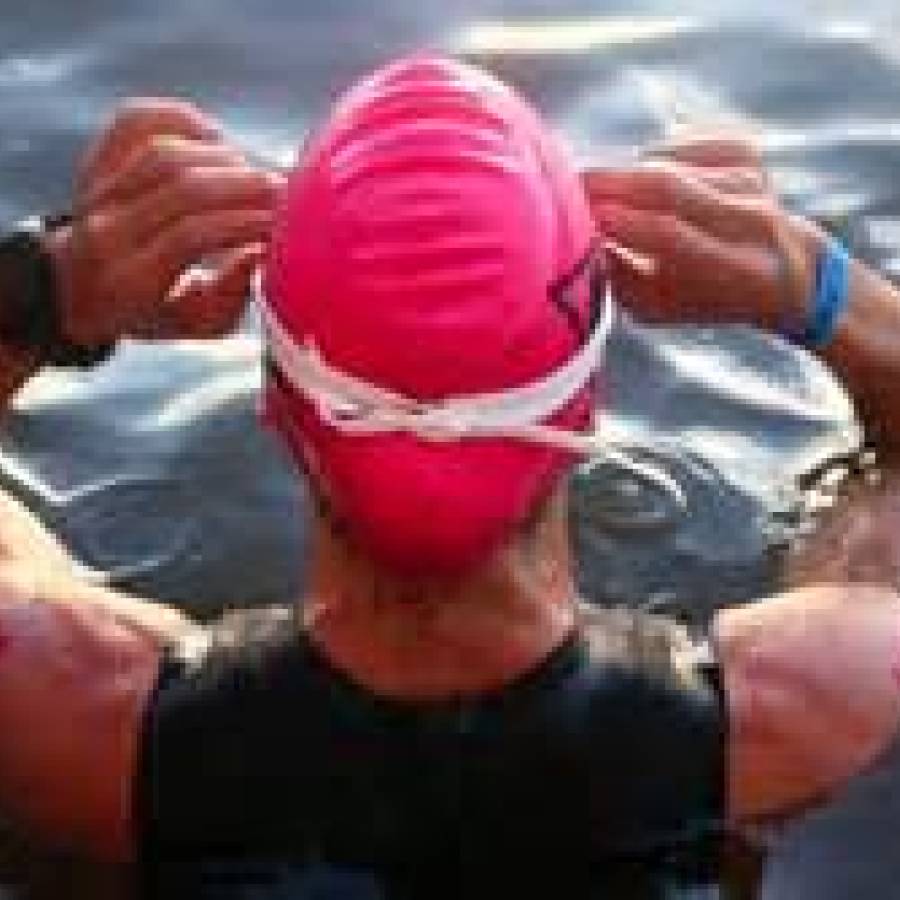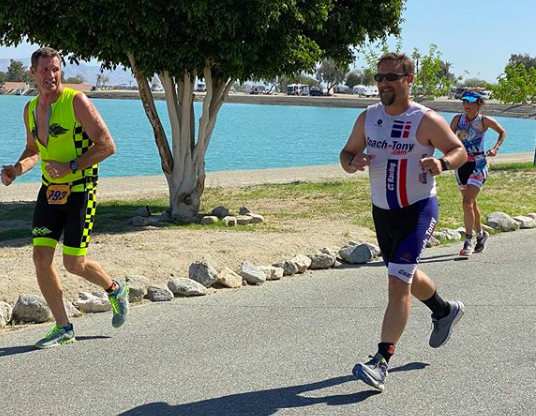 We live in a world of immediate gratification. Very few people enter the sport of triathlon and achieve immediate success. Most new triathletes learn through trial and error. Success in triathlon requires a methodical and patient approach to training. Hiring a triathlon coach is an investment often overlooked due to the many other expenses required of the sport. Overlooked are the benefits that can save you time and money. A qualified, and effective coach can provide knowledge and expertise in distilled increments so you learn and improve in the most efficient manner possible. Without a solid foundation and source of creditable guidance, triathlon has a large, long, and expensive learning curve. A coach can reduce your learning curve, expedite your fitness improvement, and make the sport much more affordable and enjoyable. Consider these thoughts when hiring a coach.
We live in a world of immediate gratification. Very few people enter the sport of triathlon and achieve immediate success. Most new triathletes learn through trial and error. Success in triathlon requires a methodical and patient approach to training. Hiring a triathlon coach is an investment often overlooked due to the many other expenses required of the sport. Overlooked are the benefits that can save you time and money. A qualified, and effective coach can provide knowledge and expertise in distilled increments so you learn and improve in the most efficient manner possible. Without a solid foundation and source of creditable guidance, triathlon has a large, long, and expensive learning curve. A coach can reduce your learning curve, expedite your fitness improvement, and make the sport much more affordable and enjoyable. Consider these thoughts when hiring a coach.
5 benefits to hiring a coach.
1. STRUCTURE
There are a lot of facets to triathlon training. Triathlon is considered by most as a three-discipline sport; swim, bike, and run. If we include strength, it could be considered a 4-discipline sport. A successful triathlete also practices flexibility, nutrition, and proper recovery. One of the biggest mistakes new triathletes make is training their strengths and ignoring their weaknesses. Key to performance improvement is the correct balance of time across all of the triathlon disciplines by way of a structured training plan. Good coaches develop structured training plans with workouts that maximize fitness. They incorporate principles of periodization, specificity, heart rate and power training, stretching, nutrition, and recovery.
A well-structured training plan reflects a series of building blocks geared to systematically improve fitness. Each block applies the appropriate amount of stress, intensity, and/or duration to achieve the desired results. You hire a coach to prescribe structured workouts to help build tolerance to the desired speed and endurance for a given distance. Structure in training plans does not focus on any individual workout. It focuses on how a combination of workouts, over a designated period of time, transforms an athlete. Adding structure to a training regimen removes guessing and creates a road map to race day success.
3. ACCOUNTABILITY
Training is supposed to be fun, difficult, entertaining, and rewarding. The higher the expectation, the more training can seem like work rather than play. It’s easier to remain focused when you are committed. For example, when you commit to a group workout, chances are higher that you will join. Likewise, it’s easier to remain focused when accountable to a coach. A good coach creates a reciprocal relationship where they also take accountability for your improvement. They should monitor your workouts, keep you honest, and help you remain accountable to meeting your own goals. You should look at hiring a coach as an investment in yourself.
2. FOCUS
Building your own training plan may lead to doubt. Are you missing something? Having someone who has already been where you are going helps eliminate doubt and allows you to focus on the workouts leaving the planning to the expert. Once you have a plan, its important to stay on course. Group workouts are great but if they become more social than workout, you’re not focused or getting the most out of your training time or plan. Having someone to discuss your social workouts with your training plan helps you to remain focused. Your coach can make suggestions on how to incorporate your workout objectives into your social workouts so you can do both at the same time. Chances are your friends will also benefit.
A good coach takes accountability in your improvement. That accountability includes being truthful. If your social workouts are not providing the intensity or duration required to meet your goals, or your workouts are inconsistent, they will bring it to your attention and may suggest adjustments.
4. EFFICIENCY
Be selective when hiring a coach. Ensure your coach has both the credentials and the experience. Good coaches are good teachers. They should share their teachings but also how the learned from mistakes so you don’t repeat them. Coaches with race experience know the trials and tabulations you can expect and how to persevere through difficult times. They know how to train efficiently. Massive mileage doesn’t always lead to positive results. Having a coach’s expertise will reduce the learning curve.
A successful triathlete is a student of the sport. The Internet has a tremendous amount of information but much of it is either camouflaged as advertisement or just bad information. Unfortunately, there is an ample supply of self-certified one-race wonders on the Internet. These people are dangerous and can guide you down an incorrect and expensive path. Having a qualified coach can be a good sounding board for you to discuss any ideas brought to your attention by the “my buddy”. Be leery of other extreme; boy or girl wonder. Some elite athletes turned coaches prescribe only elite type workouts to all levels of athlete. This is a recipe for injury and failure. The “One-size-fits all” or “this-worked-for-me” approach is fast money for the coach and quick failure for you. Coaches must consider the athletes current level and prescribe workouts tailored to their ability with gradual increases in stress, intensity, and duration. Getting fit and fast is important but staying injury free is also important. For long-term success, new athletes need to develop slow twitch and fast twitch muscles systematically. The “worked-for-me” approach ignores the very important concept that it’s about you, not about them.
5. RESULTS
While a coach is prescribing the appropriate training, they are also tracking your results. From my experience, athletes fail to acknowledge two very important factors about results. First, improvement in triathlon is like watching your hair grow. It seems to be too slow. But, by the time you notice, its time for a hair cut. Athletes are often look at has fat they are not. They don’t acknowledge where they started and how far they’ve come. A coach observes and tracks every step of your growth so you can appreciate the accomplishments.
The second factor athletes fail to acknowledge is the path ahead. Most athletes look towards the next workout. Some workouts look at the next week of workouts. Your coach looks far beyond. They look at your training plan as a road map with key milestones. These milestones represent fitness checkpoints (test workouts) measuring your improvement. The fitness checkpoints can be “B” races or workouts with specific intensity and distance.
6. AFFORABILITY
Triathlon is costly. Equipment, event registrations, travel, accommodations, nutrition, and club memberships can add up. Because triathlon tends to be expensive, coaching ends up at the bottom of the purchase list. Not understood by many is how mush a coach can save you through their industry contacts, partnerships with local bike shops, partners, sponsors and other deals. Coaches often make race or event trips in groups and can acquire group discounts. They can also help with you manage costs by providing advice on products and services so you don’t overspend. If you race often, you may be able to offset the coaching fees with the partner savings.
What to look for in a coach?
1. CREDENTIALS
Would you see a doctor who doesn’t have the required board certifications? Would you hire a lawyer without a law degree? You would not do either of these because you would be risking your health or well being by receiving erroneous and or potentially harmful treatment or council. You should not hire a triathlon coach (or any other type of council) without the appropriate credentials. Ask about their USA Triathlon/Cycling/Running/Swimming, Strength or Power Training certifications, etc. Certifications include background, legal, and ethical checks. Look to validate their credentials on the issuing company websites. This will help you understand their education and level and commitment to ongoing education. Make sure they remain current with industry standards. You’re making an investment and should ensure the person you hire has the qualifications to safely prescribe the appropriate workouts.
2. EXPERIENCE
Ask your candidate new coach about their racing experience. If you’re looking to do an Ironman and the longest distance they completed was a Sprint or Olympic, move on with your search. You want someone who has completed your journey many times over; someone who knows what you’re up against and the physical, mental, emotional, and financial investment you embarked on. Hiring someone who has great credentials and minimal experience is wasted money, time, and effort because you won’t receive quality proven advice. It will be all theory. The return on investment you are expecting is your results. You’re not paying for theory.
3. APPROACH
Approach varies from coach to coach. Select a coach that best suits your budget, accessibility requirements, contact method (email, text, call, etc.), and degree of personalization. Some coaches are linked to clubs or provide team kits. Understand the tools used to communicate the training plan like Training Peaks or Training Tilt. Be clear on your needs; are you are looking for “coaching” or a “training plan” or both. I define coaching as a one-on-one or one to few hands on form or technique assessment and recommendations for improvement. Coaching is typically done on an hourly basis. A training plan is a series of workouts to prepare for an event. You need to dictate the need and match it to the services and qualifications offered by your coach. You need to look for a win-win relationship with open communication and the sharing of ideas. Here are a few suggestions to help build that relationship.
- Don’t pay someone to tell you what you want to hear. This is easy money for the coach but no value to you.
- Be open to change. If your coach prescribes something new, don’t justify the current way you do things. Improvement requires change. Expect to change your ways.
- Don’t have champagne tastes and beer money. Coaching fees are typically incremental, the more your want, the more you will to pay. Understand your needs and start there.
- Don’t mix coaching advice. Don’t take triathlon advice from your gym strength trainer who’s never done a triathlon.
- Don’t forget you have a coach. Reach out when you have questions or concerns. You are paying for their time and advice, take advantage of it.
- Follow the plan. Read beyond the title of the day’s workout and follow the detailed instructions. The value in your workout is not “Run Track”. The value is in “Run 6 x 1/2 mile repeats at 5K pace”.
4. DIVERSITY
A good coach is a student of the sport, always learning. A good coach wants to understand all of the possible ways to help you reach your goals. This goes beyond how to swim, bike, and run. This includes diversifying into other areas of triathlon to better prepare their athletes. I have diversified into bike fitting in order to increase comfort and improve long distance bike splits. I’ve also invested in the Total Immersion swimming technique and Power training. Here are areas where your potential coach may have expanded their knowledge base.
- Bike Fit
- Event Management
- Flexibility Training
- Nutrition
- Power Training
- Strength Training
- Yoga
- Youth Training
5. INDUSRTY KNOWLEDGE & NETWORK
An experienced coach builds relationship within their industry. These relationships include other coaches, vendors, clubs, race directors, sponsors, publications, doctors and even lawyers. A good coach understands all of these relationships are needed to grow the sport.
Hiring a coach is too often looked upon as an unnecessary or costly expense. What I find humorous is these same athletes over spend for equipment, hotel, travel, and supplies without understanding some of that over spending could pay for their coaching fees. If you’re willing to do a few less races or spend less on that bike, you can afford the coach and improve your performance much faster.
Tony Troccoli is a USA Triathlon, Slowtwitch Power Cycling, F.I.S.T. Certified, and Total Immersion Certified coach. Tony is founder and owner of Coach-Tony.com Training Plans and Bike Fitting. www.coach-tony.com



